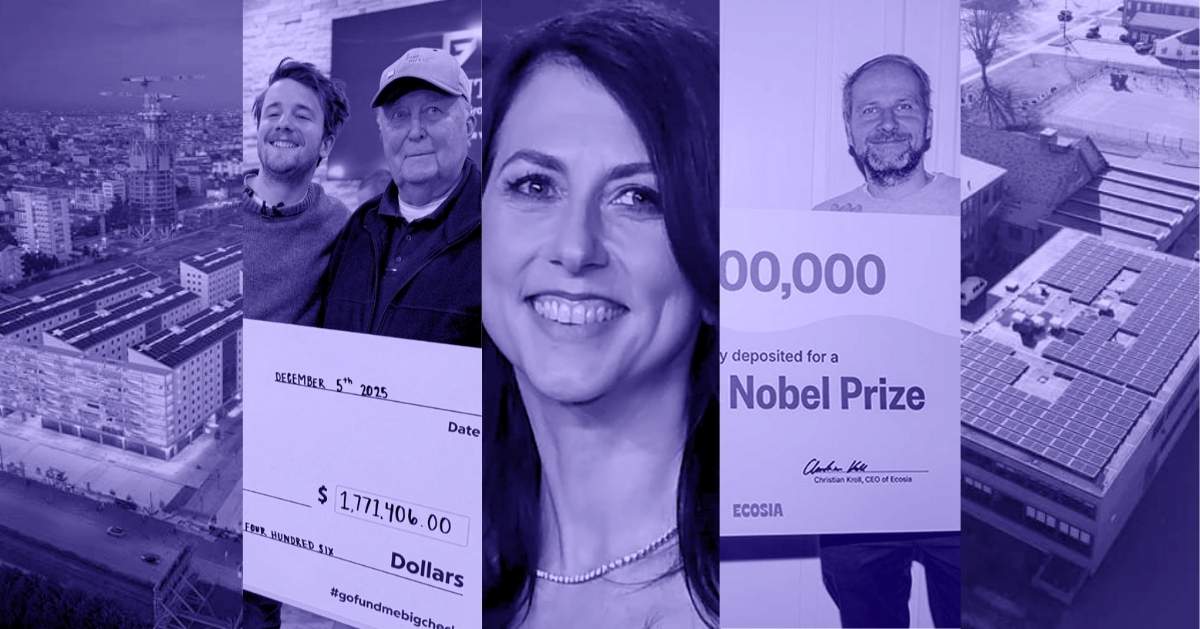Project HOPE is a global health and humanitarian organization, working side-by-side with local health workers and communities to save lives and improve the health and well-being of people around the world.

At the beginning of August, the Department of State launched a new federal agency: The Bureau of Global Health, Security and Diplomacy (GHSD).
The creation of this agency is designed to focus on global health and pandemic prevention by coordinating U.S. foreign assistance and fostering international cooperation.
Basically, it’s what the country should have had at the start of COVID-19.
“The COVID-19 pandemic underscored the vital role the United States must play in addressing global health and health security issues,” Antony J. Blinken, Secretary of State, said in a statement.
“To ensure U.S. leadership is sustained moving forward, the Bureau will provide a unified voice of leadership on global health security and diplomacy, combining strengths, functions, personnel, and resources from various offices.”
What is the Bureau of Global Health, Security and Diplomacy?
The Bureau of Global Health, Security, and Diplomacy is housed under the State Department and bridges national security and foreign policy to advance human health around the globe. Ambassador John N. Nkengasong leads the bureau and oversees programs to improve health outcomes and maintain national security in the face of global health crises.
Nkengasong, who was the first director of the Africa CDC and has over 30 years of experience in public health as a virologist, is also the U.S. Global AIDS coordinator.
This includes the leadership of the U.S. President’s Emergency Plan for AIDS Relief (PEPFAR), which aims to end the HIV/AIDS pandemic as a global health threat — and has seen major success in its 20 years of operation. PEPFAR is also now housed under the new bureau.
Other offices, like the Office of International Health and Biodefense and the Coordinator for Global COVID-19 Response and Health Security are consolidated under GHSD, as well, for better coordination.
With the launch of GHSD, Nkengasong also announced PEPFAR’s new Safe Births, Healthy Babies initiative, a new two-year $40 million effort to accelerate progress in eliminating mother-to-child transmission of HIV.
This initiative will also work with existing partnerships between UNAIDS, PEPFAR, the Global Fund to Fight AIDS, Tuberculosis and Malaria, and the World Health Organization.
It’s an example of the kind of work Americans can expect from GHSD, informed by previous crises — and the lessons learned from them.
“The COVID-19 pandemic taught us three key lessons,” Nkengasong told NPR. “We are collectively more connected than we thought. We are more vulnerable than we thought. And we have inequities that exist so vast that it requires such a builder to ensure an effective coordination and enhance the efficiency of our response to any disease threat.”
While much of this work will include improved communication and streamlined funding for global health initiatives, it also provides hope for improved global distribution of things like diagnostics, therapeutics, vaccines, and personal protective equipment, according to Nkengasong.
GHSD also aims to strengthen already-established programming, to maintain disease control as national security.
“I’ve always said that the best way to prepare for the unknown is to invest adequately in the knowns... That is, immunization programs, HIV programs, tuberculosis and malaria programs, and maternal/child health,” Nkengasong told Think Global Health.
“If we invest in those systems, institutions, and structures adequately, then we are invariably preparing for the unknown. Because those same systems will be used in delivering services when you have a deadly disease threat.”
Although any governmental restructuring of this size causes valid concerns, the Center for Global Development’s senior fellows Victoria Fan and Prashant Yadav write that “there are reasons to be optimistic.”
“Given PEPFAR’s maturity and stability, as well as PEPFAR’s successes globally as a pioneer in breaking silos in global health in the U.S. interagency world, the new Bureau has the potential to share best practices and lessons internally in the State Department, domestically in the United States, and internationally,” they write.
As GHSD continues to roll out and combine insights from all of its sibling offices, Nkengasong’s goal is clear: to plan better for the next pandemic.
“The importance of this [GHSD] is the ability to coordinate, cooperate, collaborate, and communicate, which is central to ensuring an effective global security response,” he told NPR. “We are in an era that we cannot plan only for the disease that we have. … We should plan for the long haul.”



